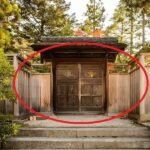Throughout history, our ancestors have passed down numerous teachings related to feng shui, energy, and the influence of plants and flowers on human life. Among these, the saying, “Flowers of yin should not dwell in a house of yang; when flowers bloom, people wither” serves as a profound warning about the choice of flowers grown indoors. So, what are “yin flowers”? Why shouldn’t they be placed in a “house of yang”? And which flowers are considered yin, bringing depletion and bad luck to the household?
Understanding the Saying: Yin Flowers – Yang House – Withering People
According to the philosophy of the five elements and Eastern feng shui, all things possess two opposing aspects: yin and yang. Yin represents stillness, coldness, and darkness; yang symbolizes life, light, and movement. Human dwellings are inherently yang spaces – places of living and activity, requiring positive energy and the circulation of good chi.
The term “yin flowers” refers to plants that grow in darkness, thrive in cold conditions, usually bloom at night, and possess somber colors or fragrances. They are often associated with cemeteries and graves. Bringing these flowers into a yang space, our living environment, can disrupt the energy balance, creating yin energy that affects the health, spirit, and fortune of the household members.
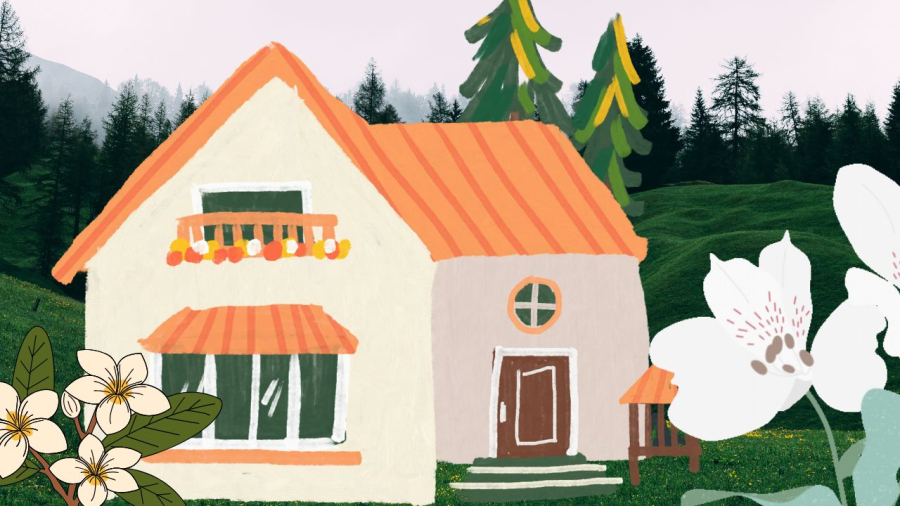
Our forefathers believed that if yin flowers flourished in a yang house, it signaled the dominance of yin energy, leading to health decline, obstacles in endeavors, and susceptibility to illnesses or calamities. Hence the saying, “When flowers bloom, people wither.”
Yin Flowers to Avoid Planting Indoors
The following is a list of flowers considered yin and unsuitable for placement in living spaces, especially bedrooms or living rooms:
1. Magnolia (Yang Magnolia)
Magnolia flowers have a strong fragrance and are commonly found in temples and cemeteries. Despite their beauty and variety of colors, folk beliefs associate them with yin energy and the deceased. Having a magnolia tree indoors may cause a sense of heaviness, insomnia, and even bad luck for the household.
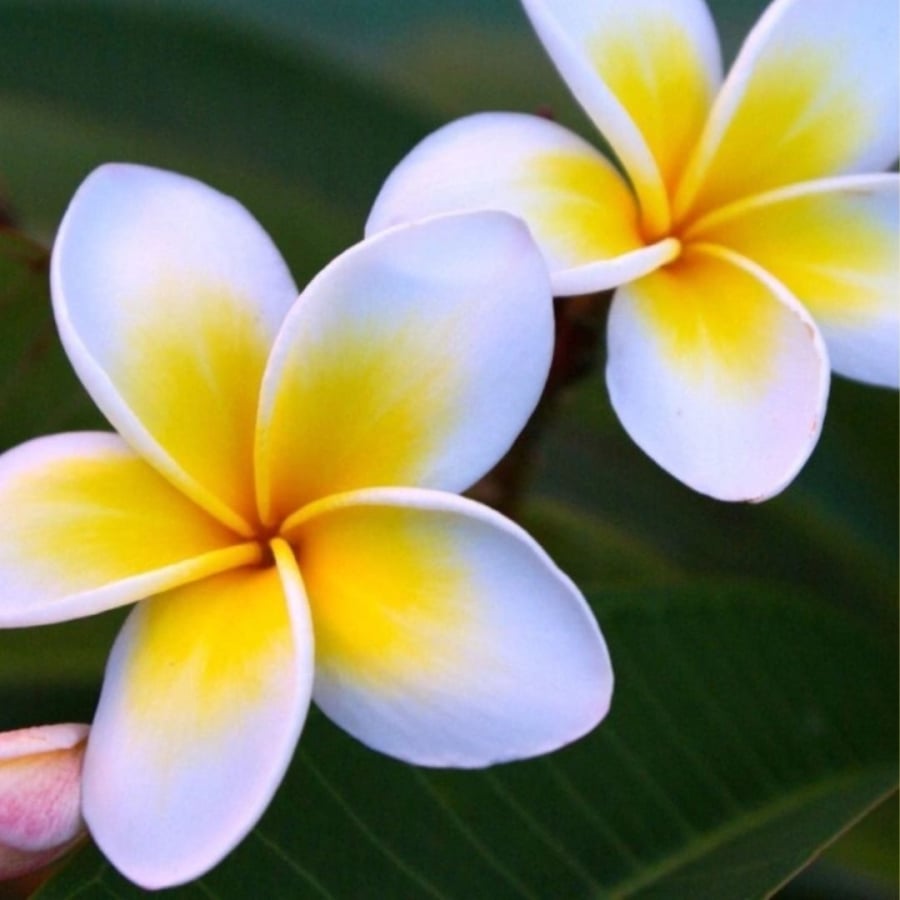
2. Lily (White Trumpet Lily)
Although pure and beautiful, lilies are commonly used in funeral ceremonies in many cultures, especially in the West. Their lingering fragrance, if left in an enclosed room, can induce a sense of gloom and melancholy. Thus, many avoid placing lilies indoors.
3. Oriental Lily
Oriental lilies possess a strong fragrance and usually bloom at night. They are closely associated with rituals, funerals, and ancestor worship. It is believed that these flowers belong to the yin category and can suppress one’s spirit, cause insomnia, and even induce hallucinations if exposed to their fragrance for extended periods.
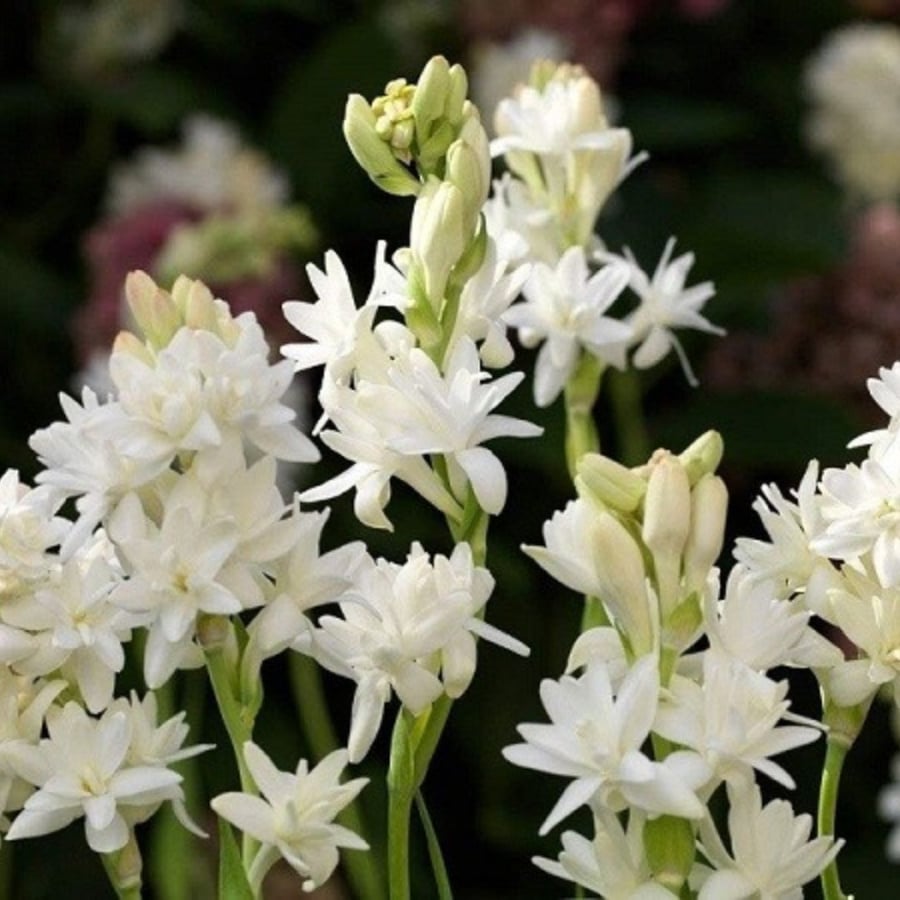
4. Hibiscus Mutabilis
Hibiscus mutabilis stands out for its brilliant morning bloom, only to wither by nightfall – a symbol of fleeting beauty and sadness. In feng shui, this flower should be avoided indoors as it can evoke feelings of loneliness and coldness, depleting the spirit of the living.
5. Jasmine (White Jasmine)
Jasmine’s delightful fragrance is undeniable, but it is also commonly used in funeral rites and embalming practices in certain regions. While not entirely forbidden, if white jasmine flourishes indoors and the household members frequently fall ill, reconsider its placement.
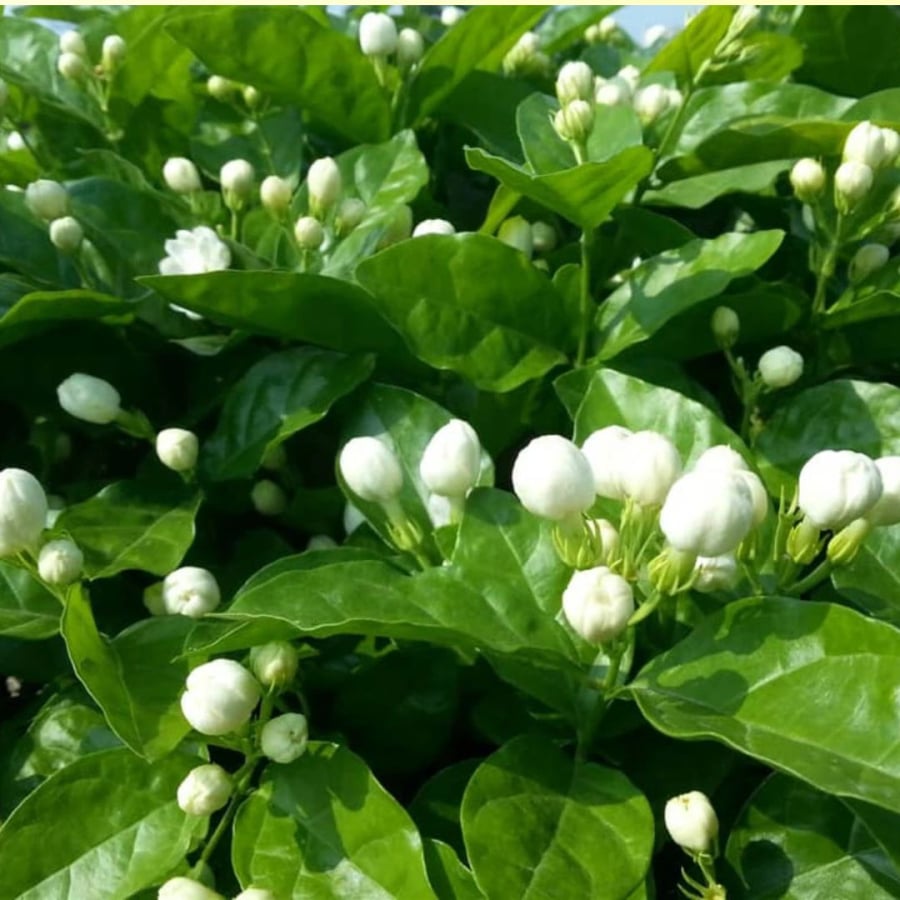
6. White Lily
Lilies symbolize happiness and celebration on wedding days, but white lilies are funeral symbols in numerous countries. With their large blooms and strong fragrance, white lilies placed indoors can evoke an overly tranquil atmosphere, enhancing yin energy, especially at night.
Should We Completely Avoid These Yin Flowers?
The answer is no; however, it is crucial to place them in appropriate locations and maintain a balance between yin and yang. For instance:
If you adore Oriental lilies or jasmine, you may grow them in your garden, where they receive ample sunlight and fresh air, instead of keeping them in bedrooms or enclosed spaces.
Magnolia trees can be planted outdoors for shade or aesthetics, paired with yang-associated plants like golden money trees, jade plants, or lucky bamboos.
When displaying white lilies or white trumpet lilies during special occasions, ensure it is for a short duration, and do not let the flowers wither or shed petals indoors.
The saying, “Flowers of yin should not dwell in a house of yang; when flowers bloom, people wither,” reflects our ancestors’ profound understanding of maintaining energy balance within the home. While not superstitious, it serves as a reminder for modern individuals to choose the right flowers, place them in the right spots, and at the right times, ensuring a harmonious and prosperous living environment for the entire family.
Reference for contemplation
Plant These 5 Trees in Front of Your House: Attract Wealth and Prosperity for All 5 Chinese Elements
Are you aware that planting the right tree in front of your house can attract wealth and prosperity for your entire family? Whether you’re a believer in the elements of Metal, Wood, Water, Fire, or Earth, the following ornamental plants and trees are a perfect fit and bring good fortune. Let’s discover which plants these are!

























